Tomatoes offer tons of health benefits - from boosting the immune system, protecting heart health to improving vision. A single tomato can provide approximately 40% of the daily recommended intake of vitamin C. It is also loaded with vitamin A and K that support skin and bone health and maintain healthy blood pressure as well as fluid balance. What is the relationship of tomatoes and CKD?
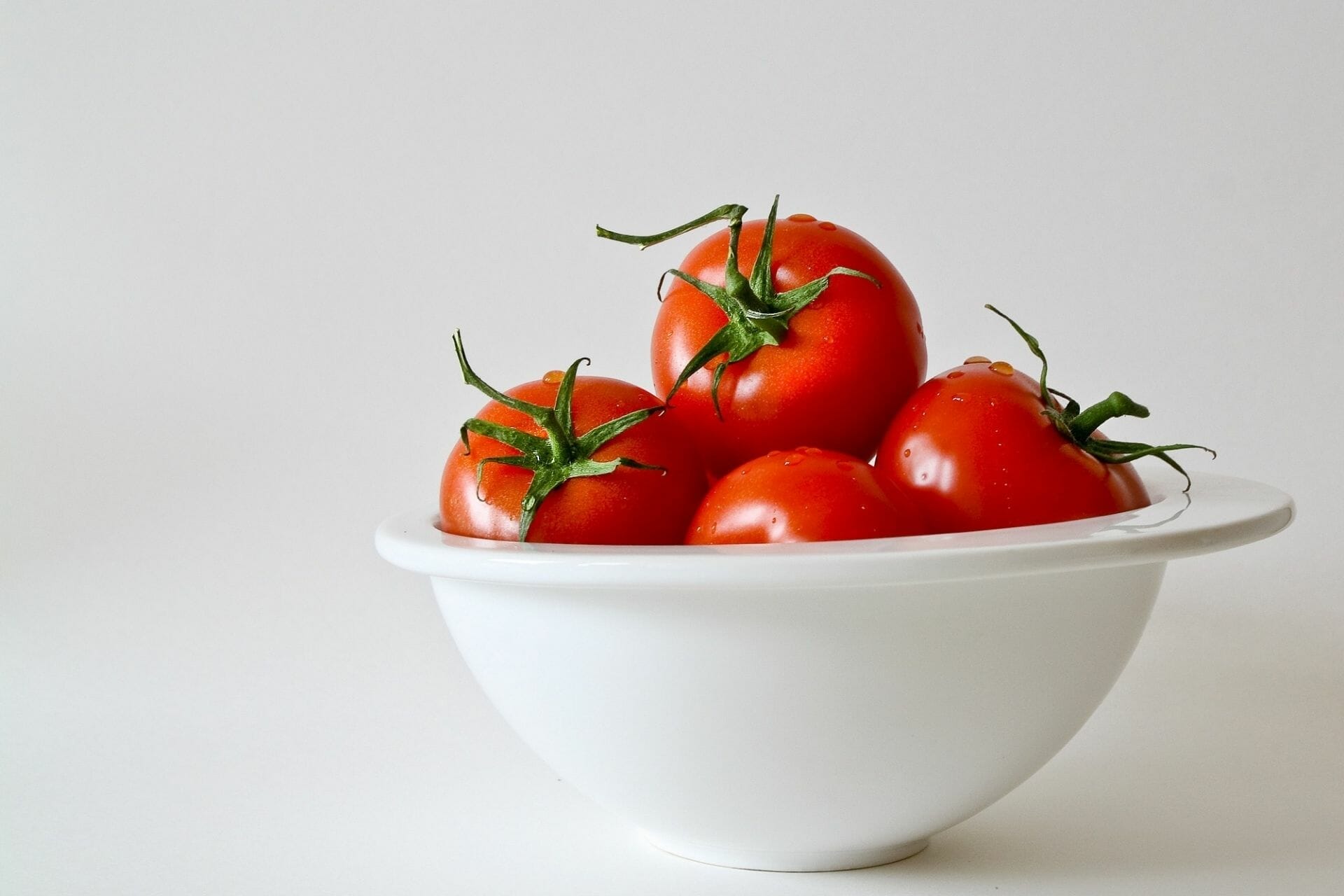
Although this fruit, (yes, tomato is technically a fruit) has plenty of healthy benefits, CKD patients are often concerned about adding tomato into their diet due to its high potassium content. All fruits and vegetables contain some potassium, which is why serving sizes should be monitored in your diet. It means that in the right serving size along with the right preparation, CKD patients can still enjoy tomatoes.
Health Benefits of Tomatoes
Although botanically considered as a fruit, tomatoes are consumed as a vegetable. Tomatoes are a great source of antioxidants, known as lycopene, which is linked to heart health. The redder the tomatoes, the more lycopene they have. Lycopene is thought to have the highest antioxidant activity of all the carotenoids. Antioxidants protect the body from free radical damage. The free radicals can create oxidative stress in the body when they outnumber the antioxidant levels.
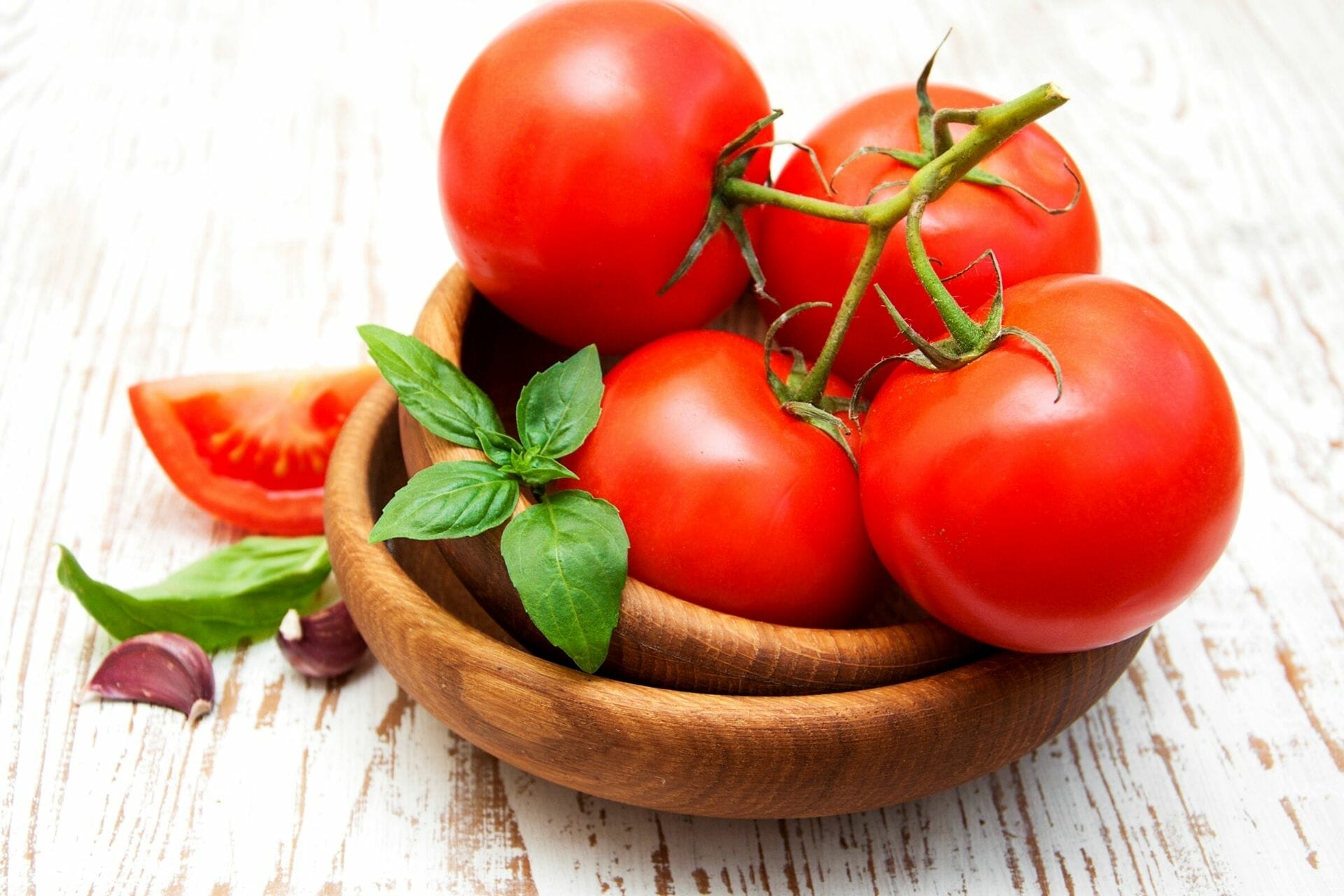
This kind of stress is found to be associated with the development of chronic diseases such as diabetes, heart diseases, cancer, and Alzheimer’s. According to research, the antioxidant properties found in lycopene can protect the body against these conditions. More so, test-tube and animal studies show that lycopene may protect the body against damage from pesticides, herbicides, and certain types of fungi.
1. Help manage diabetes and heart diseases
Diabetes is one of the leading causes of chronic kidney disease (CKD), alternately, CKD may trigger diabetes. In a study conducted, people with diabetes who consumed cooked tomatoes for 30 days had a decrease in lipid peroxidation. Lipid peroxidation is a chain reaction in which free radicals attack fat, leading to damage that increases the risk of heart diseases.
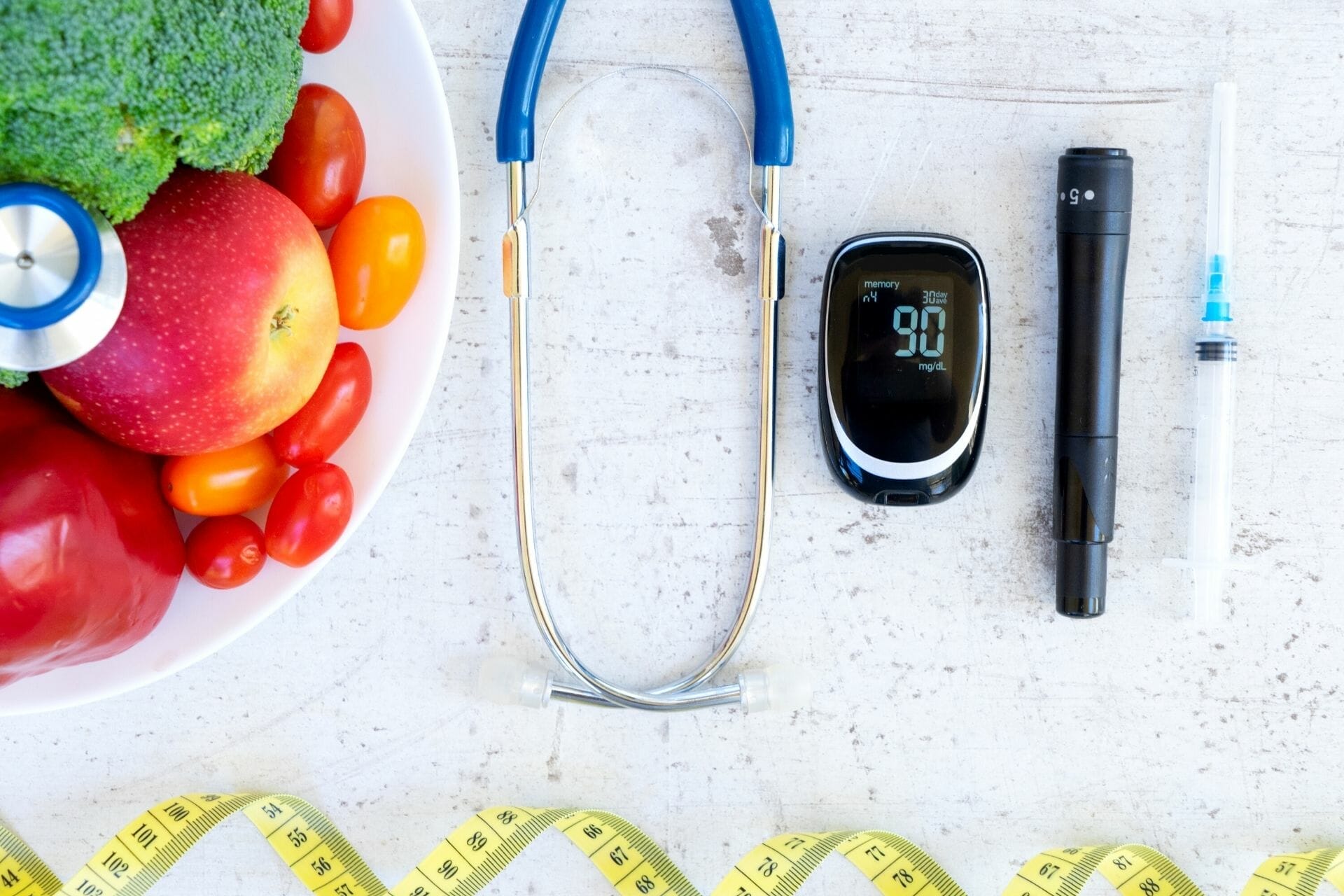
Since Diabetes doubles the risk of stroke and heart diseases, consuming tomatoes may help protect heart health. A study in middle-aged men connected low blood levels of lycopene and beta-carotene to increased risk of strokes and heart attack. Growing evidence from clinical trials shows that supplementing with lycopene may aid in lowering bad cholesterol. Tomatoes also have a protective effect on the inner layer of blood vessels and may reduce the risk of blood clotting.
2. Good for skin and eye health
Tomatoes and tomato-based foods may protect the skin against skin damage. In a 2011 study, the combination of tomato paste and olive oil boosted the production of pro-collagen. A pro-collagen molecule is responsible for the skin structure and keeps the skin firm and youthful. Furthermore, tomatoes are loaded with lycopene, lutein, and beta-carotene, which are known to protect the eyes against light-induced damage, age-related macular degeneration, and the development of cataracts.

Tomatoes and Chronic Kidney Disease (CKD)
A healthy and balanced diet may help delay the progression of kidney disease. Your kidney function is impaired when you have CKD. Thus, CKD patients are advised to follow a renal diet. Since dangerous levels of waste, fluid and electrolytes can build up in the body when CKD advances, finding the right balance for your CKD diet could be challenging. One of the reasons why some CKD patients choose to avoid high-potassium foods entirely. However, many high potassium foods contain other essential nutrients that the body needs. Therefore, proper preparation, portion, and serving are key to still being able to enjoy these types of food.
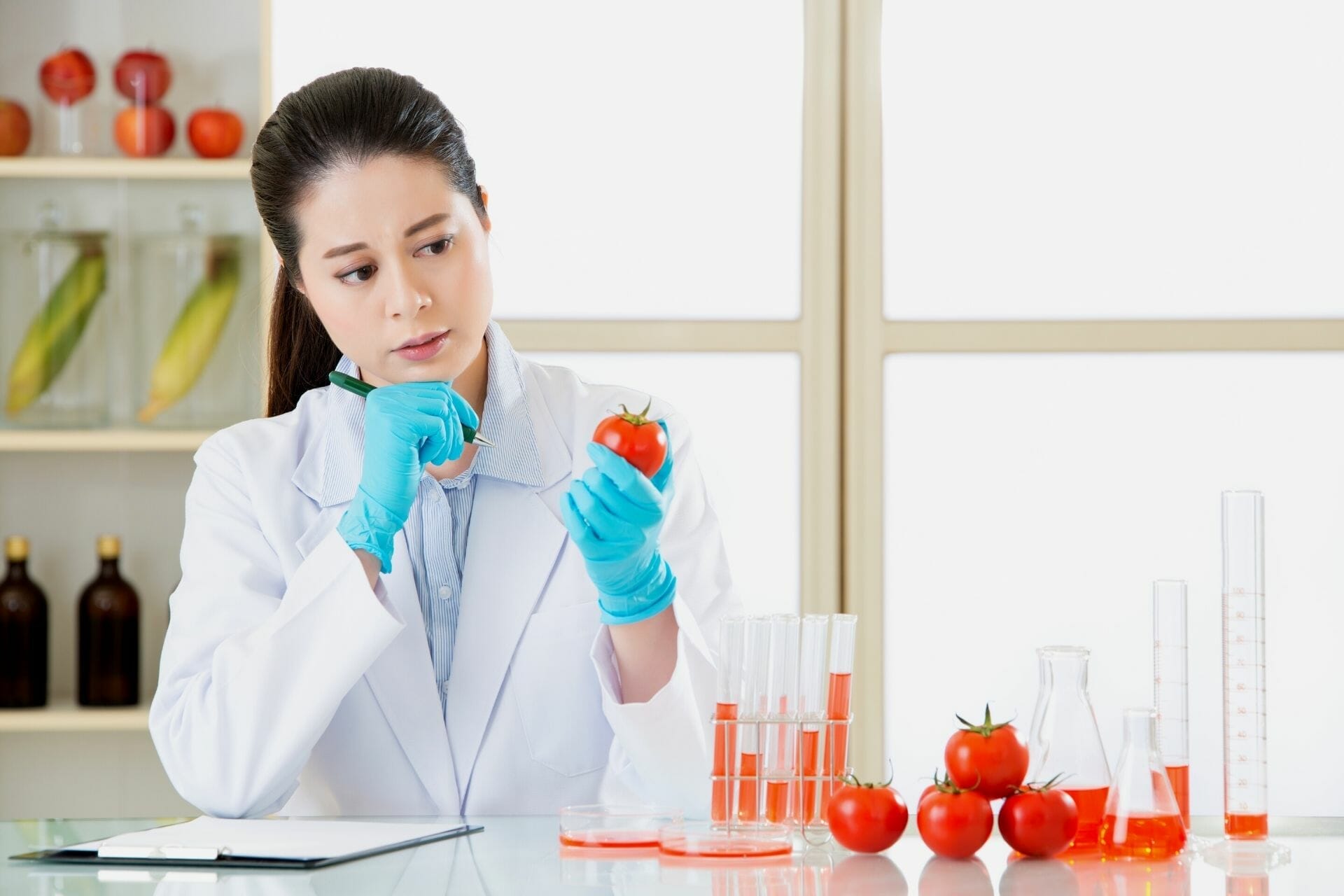
According to the National Kidney Foundation (NKF), a CKD patient can have a daily intake of 1,500-2,700 mg of potassium to maintain good health without harming the kidneys. Too much potassium, called hyperkalemia, is dangerous to the heart as it can cause a heart attack or death. Symptoms of hyperkalemia include feeling weak, nausea, muscle pains or cramps, difficulty in breathing, chest pains, and unusual heartbeat.
Nevertheless, your potassium limit depends on your CKD stage and other comorbid conditions. It is best to check with your nephrologist or primary health care provider to know your recommended potassium daily intake.
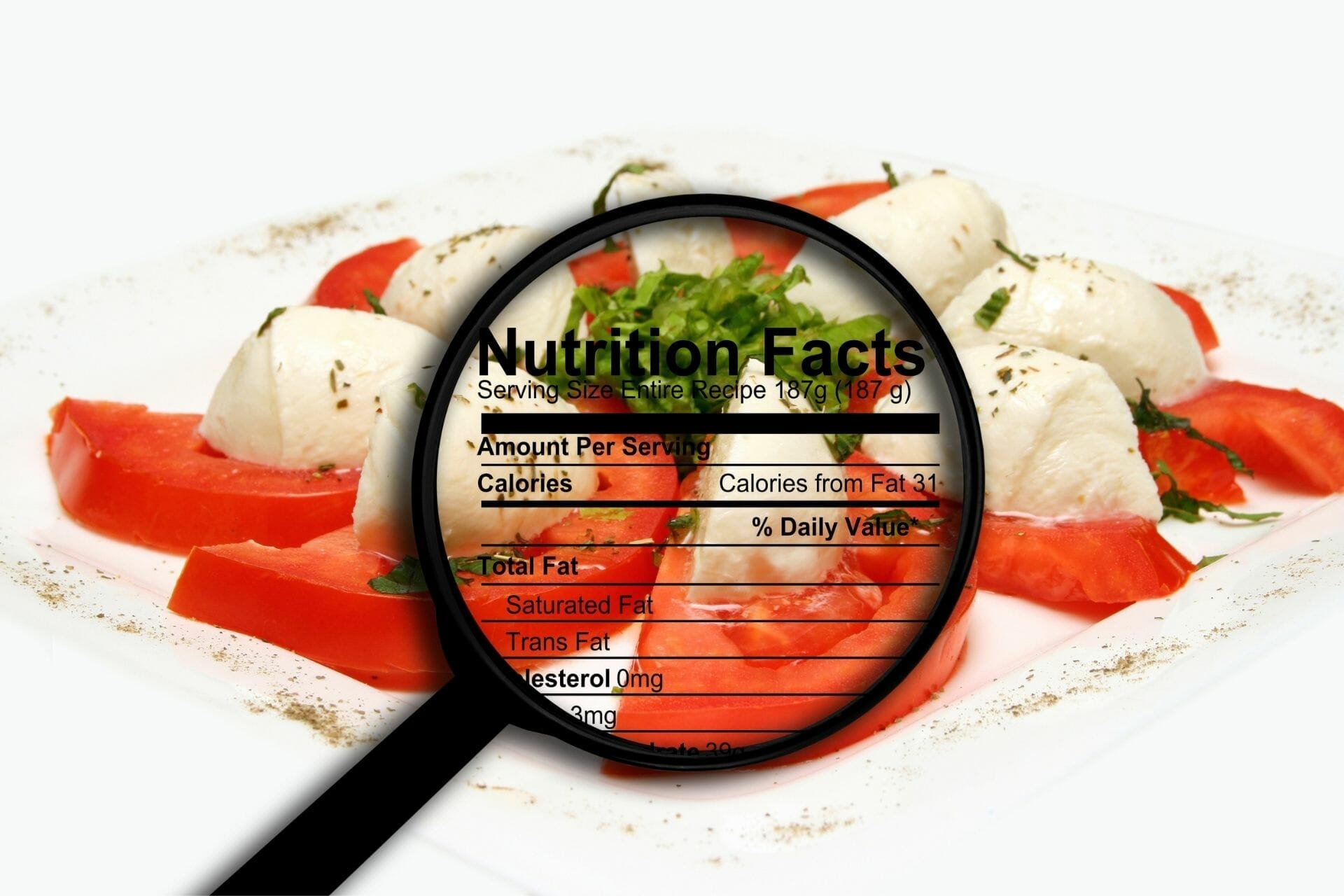
Below is a great rule of thumb when it comes to consuming tomatoes based on CKD stage and or types of dialysis the patient is receiving:
- Early Stages of CKD or Kidney Transplant
Most people, in the early stage of CKD or a kidney transplant, don’t have to limit tomato consumption due to its potassium content. However, your renal dietitian or doctor may talk with you about your diet if your lab results show higher levels of potassium.
- During Dialysis
According to the American Kidney Fund, patients receiving dialysis should aim for daily potassium of 2, 500 mg and no more than 3,000 mg. A slice or two of raw tomatoes have a much smaller amount of potassium compared to a cup of cooked tomatoes. The preparation of tomatoes can affect your daily potassium intake. If you are receiving home dialysis and Nocturnal Hemodialysis/Peritoneal Dialysis, you may need to eat more potassium-rich foods, since these types of dialysis can remove more potassium. Eating tomatoes can help increase your potassium intake.
How to incorporate tomatoes into the CKD diet
The right portion and serving along with guidance from your renal dietitian allow you to enjoy tomatoes. Most CKD patients can safely add one medium (80 gram) tomato daily as part of breakfast or lunch. A quarter of medium size canned tomatoes provides almost the same amount of potassium as a 100-gram tomato. Tomatoes (canned or packaged) can be used in cooking several portions of meals. However, you need to watch out for the sodium content of canned/packaged tomatoes.
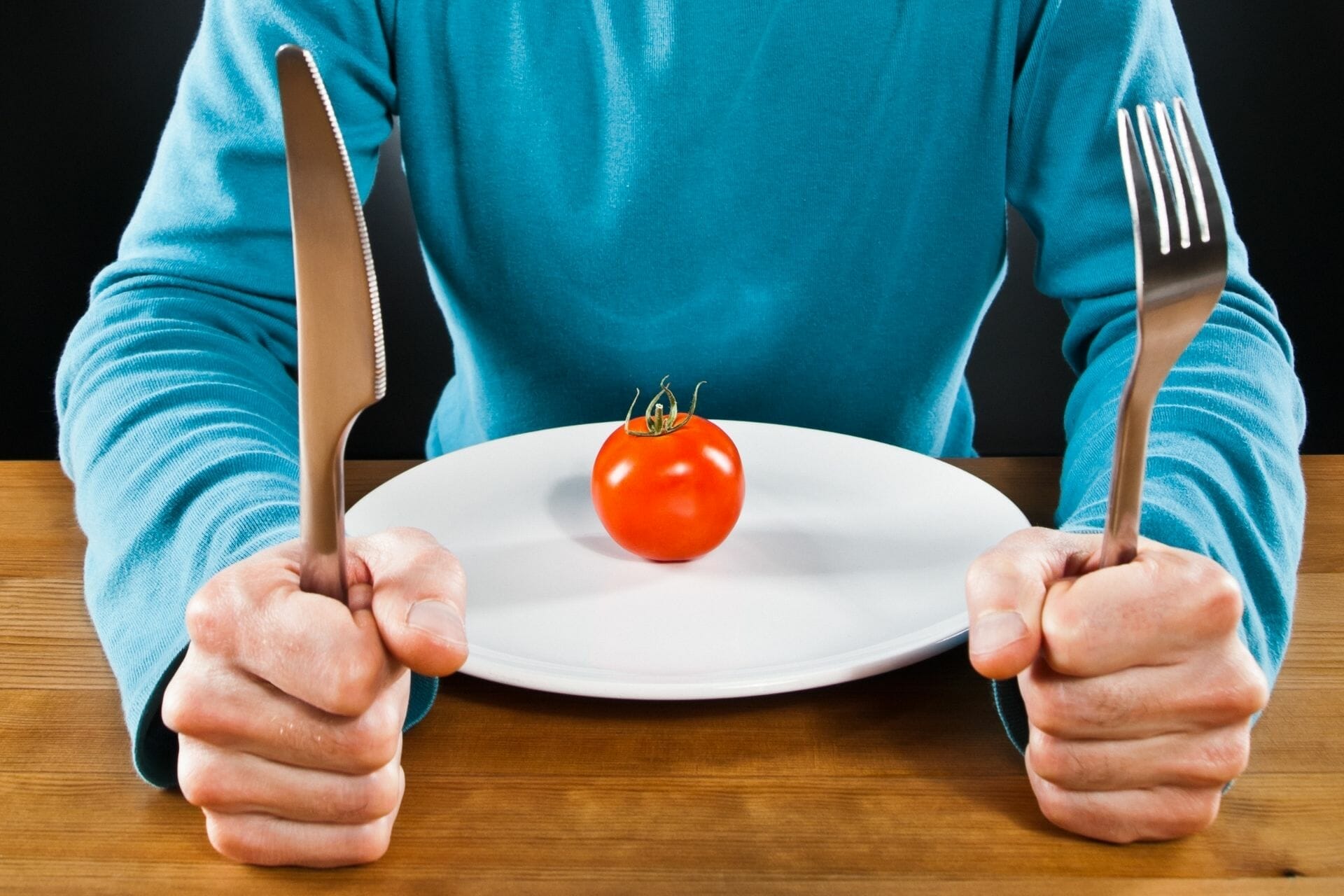
More so, you should slow down on tomato juice and purée as they are more concentrated compared to fresh tomatoes and canned tomatoes.
It is recommended that you should not exceed consuming more than a small portion of tomato daily. Many foods rich in potassium, including tomatoes, can be consumed in small amounts. People with high levels of potassium may want to reduce their intake to 1 to 3 times a week.
The Bottomline
Plenty of factors besides diet can affect your potassium level. It is best to speak to your nephrologist or renal dietitian for a personalized diet plan based on your lab results. Overall, the more you know about various food items and their corresponding nutrient content and value, the more equipped you become in choosing the right foods, in their correct amount, which you can add to your diet. It is still possible to incorporate tomatoes and CKD kidney diet, you would only need to watch your portion, preparation, and your potassium levels (lab results).

